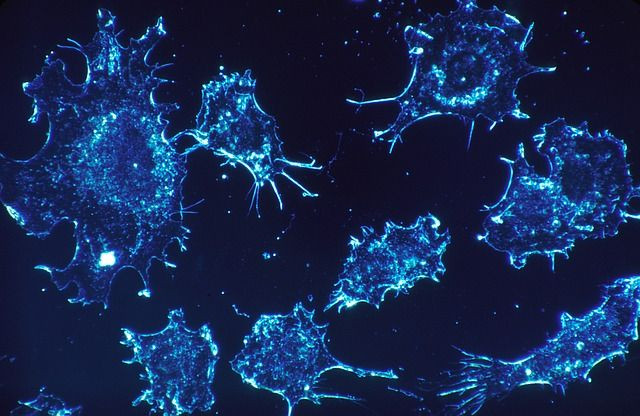Sea Creatures Develop Rare Transmissible Cancers, Scientists Say

Cancer cells arise in an organism from its own cells, then either die or continue to grow until the host dies. They are normally not infectious, meaning that they spread in one individual but not to others. However, there are rare cases such as in Tasmanian devils, bivalve shellfish and dogs, wherein cancer can spread to other creatures of the same species.
In fact, over 80 percent of Tasmanian devils have died from the bite-transmissible Tasmanian devil facial tumor disease as well as another very similar malady, while, in 2006, domestic dogs were discovered to be carrying a disease that causes cancerous masses on their genitalia.
As for marine mussels, a type of leukemia-like cancer called disseminated neoplasia has been observed to affect several species in the Northern Hemisphere since 1969, and it has since caused outbreaks that led to population declines in affected bivalve species.
For the study now published in eLife, researchers observed disseminated neoplasia in M. chilensis species from Argentina and Chile, as well as in M. edulis species from France and the Netherlands to determine if they are transmissible cancers. If they are, researchers then wanted to determine whether they are of the same lineage as the one already identified in British Columbia or if they are new ones.
Interestingly, they found that the cancers affecting M. chilensis and M. edulis were nearly identical but still different from the cancer observed in Canada. This could mean that a previously unidentified transmissible cancer species arose and crossed the Atlantic and Pacific Oceans, thereby affecting mussel species from vastly different parts of the globe.
According to researchers, it is unlikely that the cancer traveled the water through the current. Instead, it was likely transported from one part of the globe to another through human intervention, specifically during the transfer of infected animals via shipping vessels, whether intentional or not.
“If transmissible cancers are able to readily travel along shipping lines and infect closely related species, then this and other lineages of transmissible cancer have the potential for worldwide reach,” researchers said. “This spread also suggests that anthropogenic influence may exacerbate the spread of cancers and may allow access to new environments and new populations, where the pathogenic potential is unknown.”
For now, there are no assurances regarding the new cancer’s ecological impact, but it does add to the many threats to marine life.
© Copyright IBTimes 2025. All rights reserved.






















